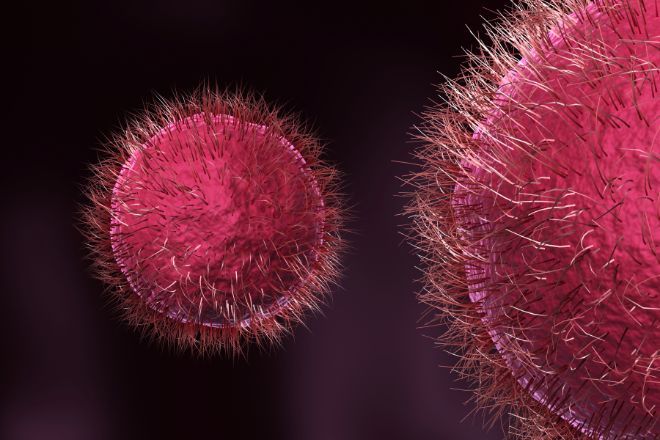About the project
Knowledge of the immune system, what it consists of and how it works, is constantly changing in the life sciences. While the immune system is often thought of as intrinsically human, a central part of immunological knowledge production has been and is about comparing across species. Further, zoonotic diseases increasingly challenge immunological relations between humans, animals, and natural environments. Last, knowledge about immune cells and systems are increasingly seen as crucial to ensure innovations in cancer treatment and treatment of chronic diseases, vaccine development, and the development of a sustainable bioeconomy around aquaculture.
ResBod aims to study the different ways in which knowledge about the immune system is produced and how immunological knowledge is taken up, disputed and/or managed in specific political and cultural contexts. By unique empirical studies of immunological research, immunotherapy, and vaccine development, ResBod will contribute to indepth understanding of current and historical issues related to the immune system.
A key contribution from ResBod is to develop new perspectives and methods that can help to describe and analyze the more-than-human condition of scientific and political practices aimed at ensuring health and resistance to disease.
Goals
The primary objective of ResBod is to understand current and past challenges in the life sciences and politics of managing human and animal health through immunological paradigms. Through unique empirical studies of immunological research and public health medicine, translational medicine, vaccine innovations and regulations, ResBod aims to study the different ways knowledge about the immune system is generated, and how immunological knowledge is engaged with and contested in and across species, science and politics.
The project will contribute to enhanced understanding of current and historical issues related to the immune system, how immunity is always in tension and connection with the more-than-human, and consequently how immunological knowledge affects our understanding of ourselves and the relations with our natural environments.
ResBod consists of three work packages:
Work package 1: Immune systems and viruses
WP1 investigates biological and medical research on contemporary and historical immunological issues. The aim is to provide insight into the intricate work of science in understanding life at the level of cells and genes and the diversity of model and non-model organisms that are involved in this work. WP1 will develop better understanding of the shifting theories of the immune system and how it has been approached in immunological practices that have been at the core of public health politics and practices for ensuring bodies and communities that are resistant to disease.
Work package 2: Constructing resistance in contemporary science
WP2 explores innovative practices in contemporary life sciences where the immune system figures as a central research object. The research will deliver insights into how relationships between human and nonhuman immune systems are worked upon and transformed in scientific innovations, in different ways, and how immune systems are conceptualized and described in contemporary immunological theories. The work package includes a PhD project exploring ethnographically innovations in vaccine development, focusing particularly on laboratory work on new DNA and mRNA technologies, and how science-society relations are worked upon through communication practices and regulatory mechanisms.
Work Package 3: Governing immunity by law
WP3 investigates practices and attempts of governing immunology in a contemporary context. The research will deliver insight into, 1) How current ethical concerns related to innovations in the life sciences are managed in regulations and laws, and 2) How laws redistribute risks and immunity across species, and how human and nonhuman biology are connected in these processes.
Financing
Research Council Norway, Young Researcher Talent Grant No. 300726
Cooperation
Start and finish
February 2020 - Ongoing
